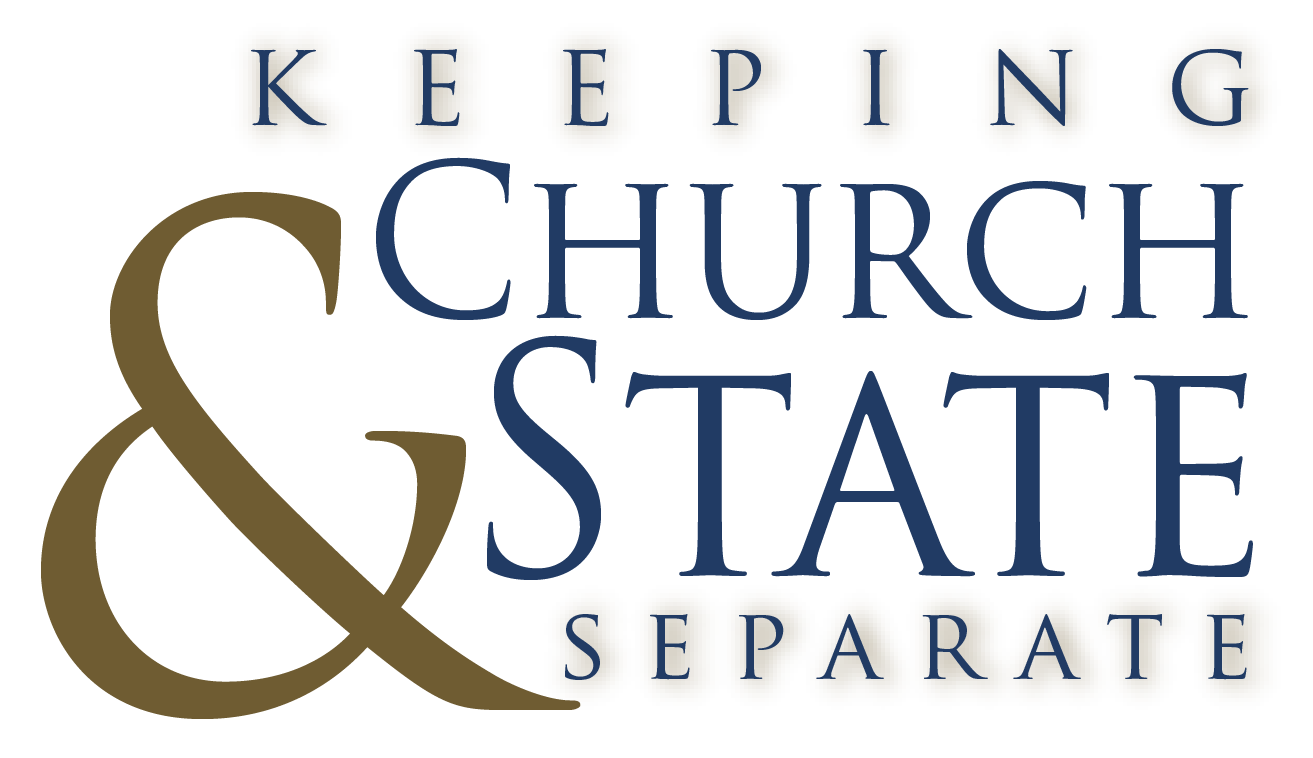Political Discourse
While the BJC emphasizes the importance of the institutional separation of church and state in protecting religious liberty, we also recognize and appreciate that you cannot divorce religion from politics or separate Christians from their duties of secular citizenship.
The metaphorical “wall of separation” does not block one’s religion from playing a role in public life. Religious people have the same right as others to communicate their convictions in the marketplace of ideas and to convert their religious ethics into public policy by preaching, teaching, lobbying and running for office. People of faith need not limit their piety to houses of worship or to acts of private devotion; nor must they concede the public square to others. They should speak out, become involved, and transform culture. The influence of religion and people of faith on our history and culture is readily apparent.
Our Baptist forebears lived this principle. Around the time of the American Revolution, Massachusetts preacher Isaac Backus saw nothing inconsistent about arguing vociferously against “blending of church and state” on the one hand and lobbying government in favor of religious liberty on behalf of the Warren Association of Baptists on the other. Virginia Baptists played an integral role in passing Thomas Jefferson’s Virginia Statute for Religious Freedom and in convincing James Madison of the need for a Bill of Rights in the U.S. Constitution, including the First Amendment provisions protecting religious freedom. Legend has it that John Leland, an evangelist preaching in Virginia during the 1780s, and Madison made a bargain that culminated in the First Amendment: Leland agreed not to oppose Madison’s bid to be elected to the constitutional convention if Madison would promise to seek specific guarantees for religious liberty.
The progressive era of the early twentieth century was inextricably linked with the social gospel movement of Walter Rauschenbusch, a Baptist preacher and professor of theology at Rochester Seminary. Working in New York City’s “Hell’s Kitchen” as a pastor, Rauschenbusch helped to awaken the nation to the degradation of the urban social order and the need to work to advance the kingdom of God on earth.
African-American churches, whose leaders included Dr. Martin Luther King Jr. and other Baptist ministers, spearheaded the drive for civil rights legislation in the 1960s. And more recently, people of religious conviction played major roles in both sides of debates over war policies, women’s rights, LGBT rights, abortion, the environment and nuclear disarmament.
Any foray into politics fueled by religious motivation, however, should be tempered with a healthy dose of humility and self-criticism. Blaise Pascal was right that “men never do evil so completely and cheerfully as when they do it from religious conviction.”
Rep. Barbara Jordan, our Baptist sister who served in Congress in the 1970s, had it right. She was once asked how properly to articulate Christian values in government. She responded: “You would do well to pursue your causes with vigor, while remembering that you are a servant of God, not a spokesperson for God, and remembering that God might well choose to bless an opposing point of view for reasons that have not been revealed to you.”
From our perspective, any attempt to elevate one view of an issue to “the Christian position,” to the exclusion of others, should be held in check. Religious persons of goodwill often disagree over how their religious convictions play out in the public arena.
For more on this topic:
Visit the BJC’s Political Discourse Resources
Visit our Act Today and Advocacy pages
Learn more about our Baptist heritage
Should American flags be displayed in church sanctuaries?
By J. Brent Walker





